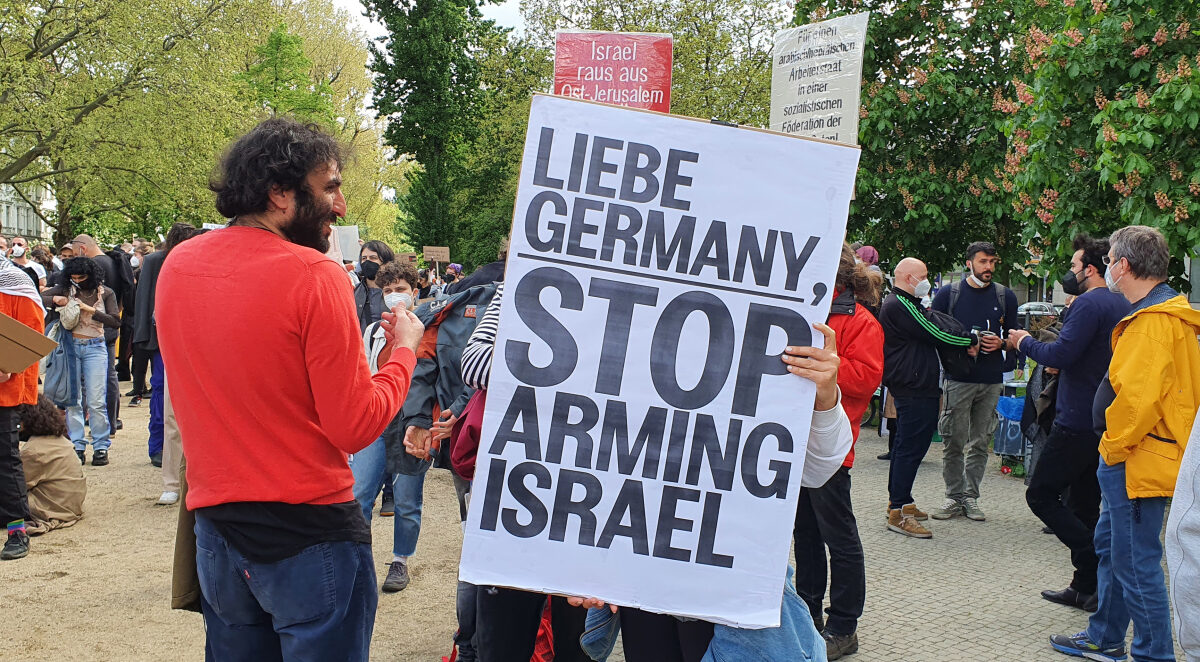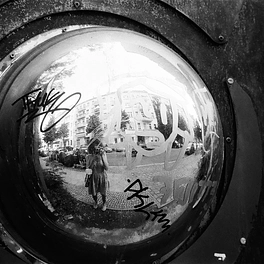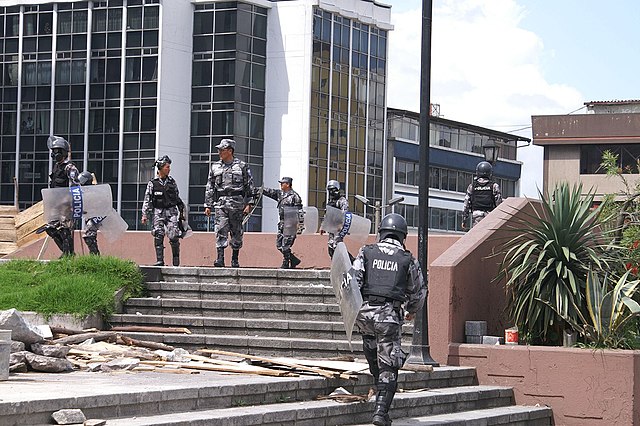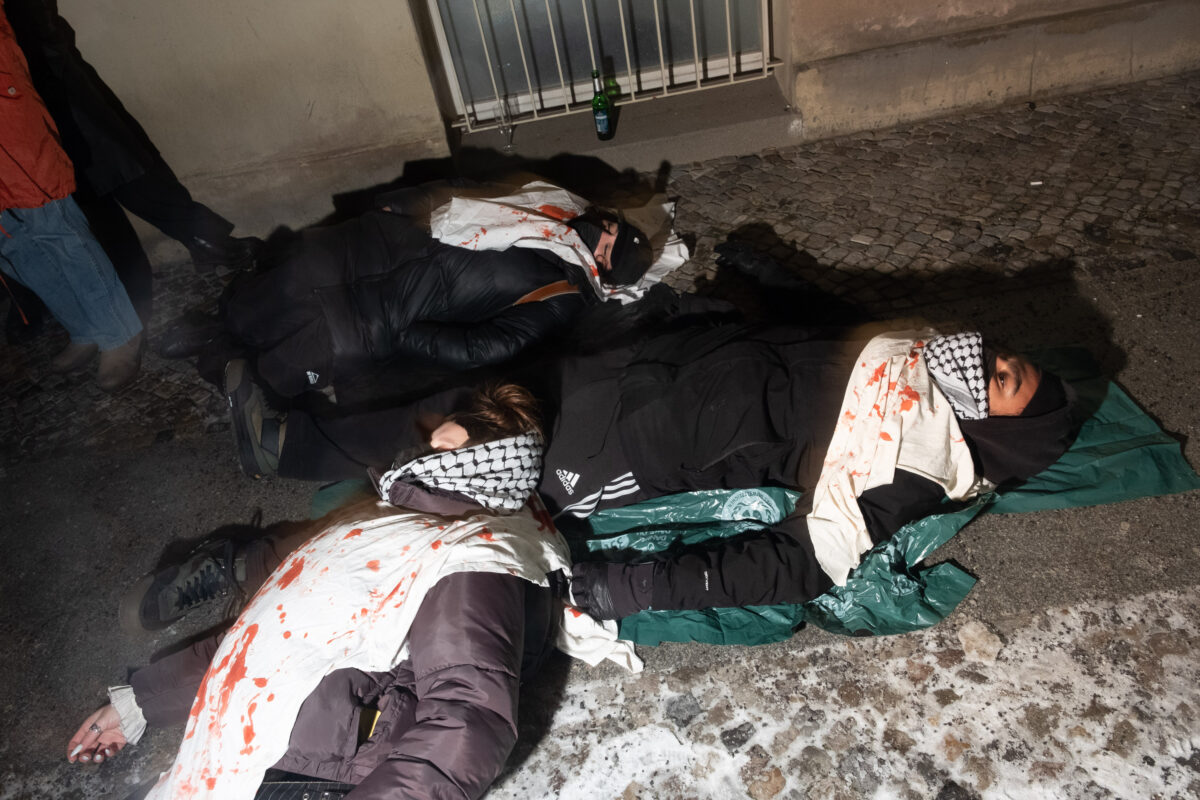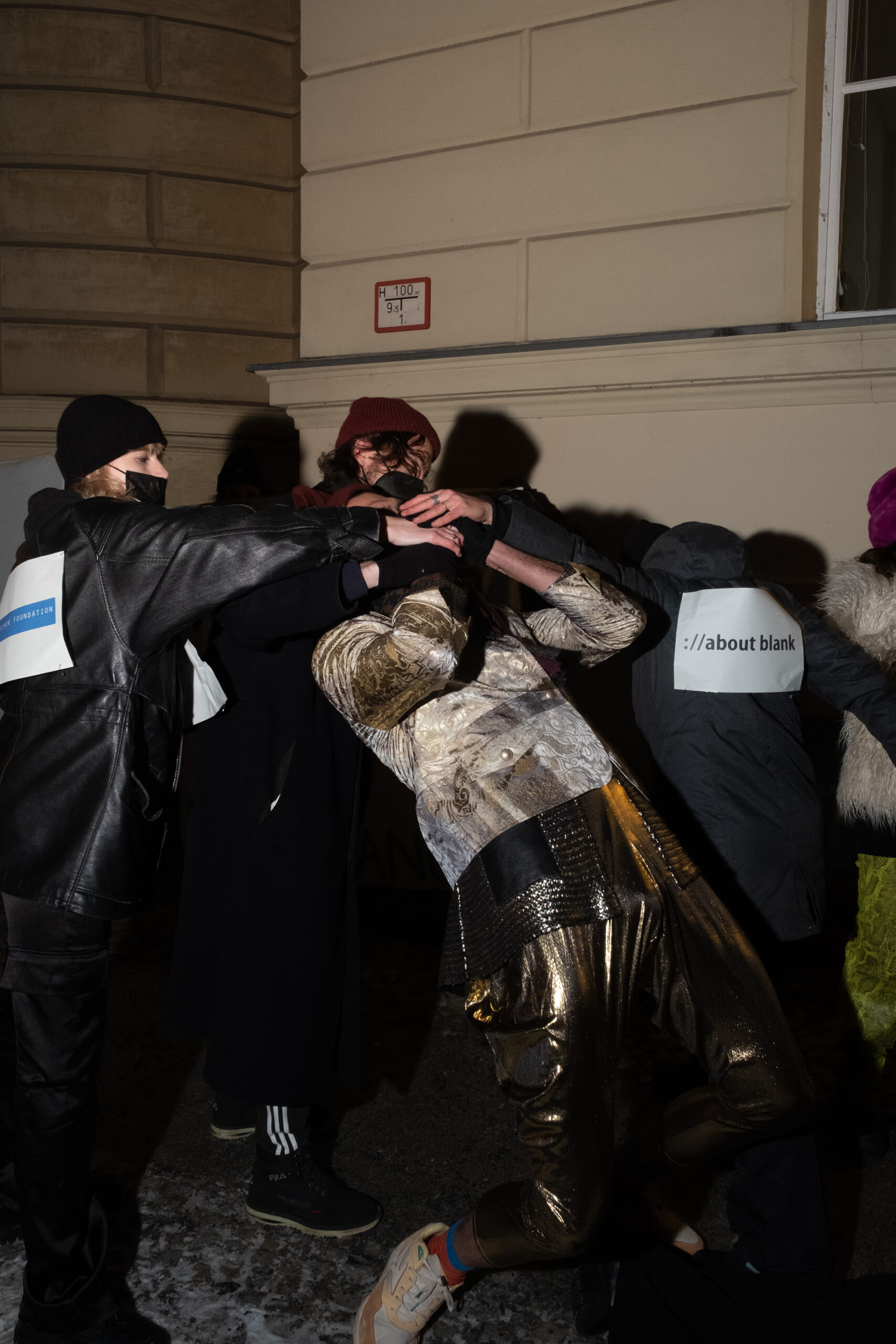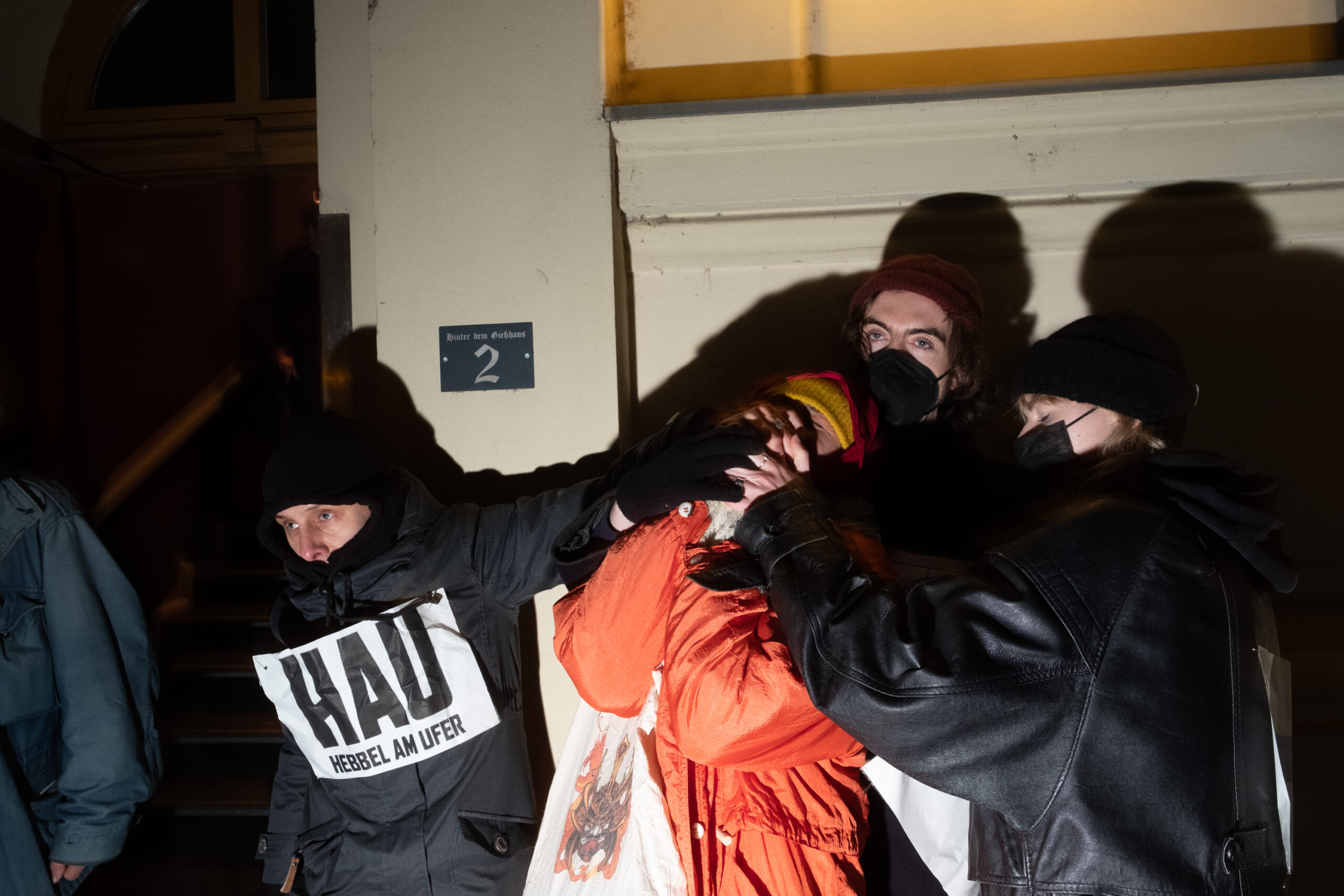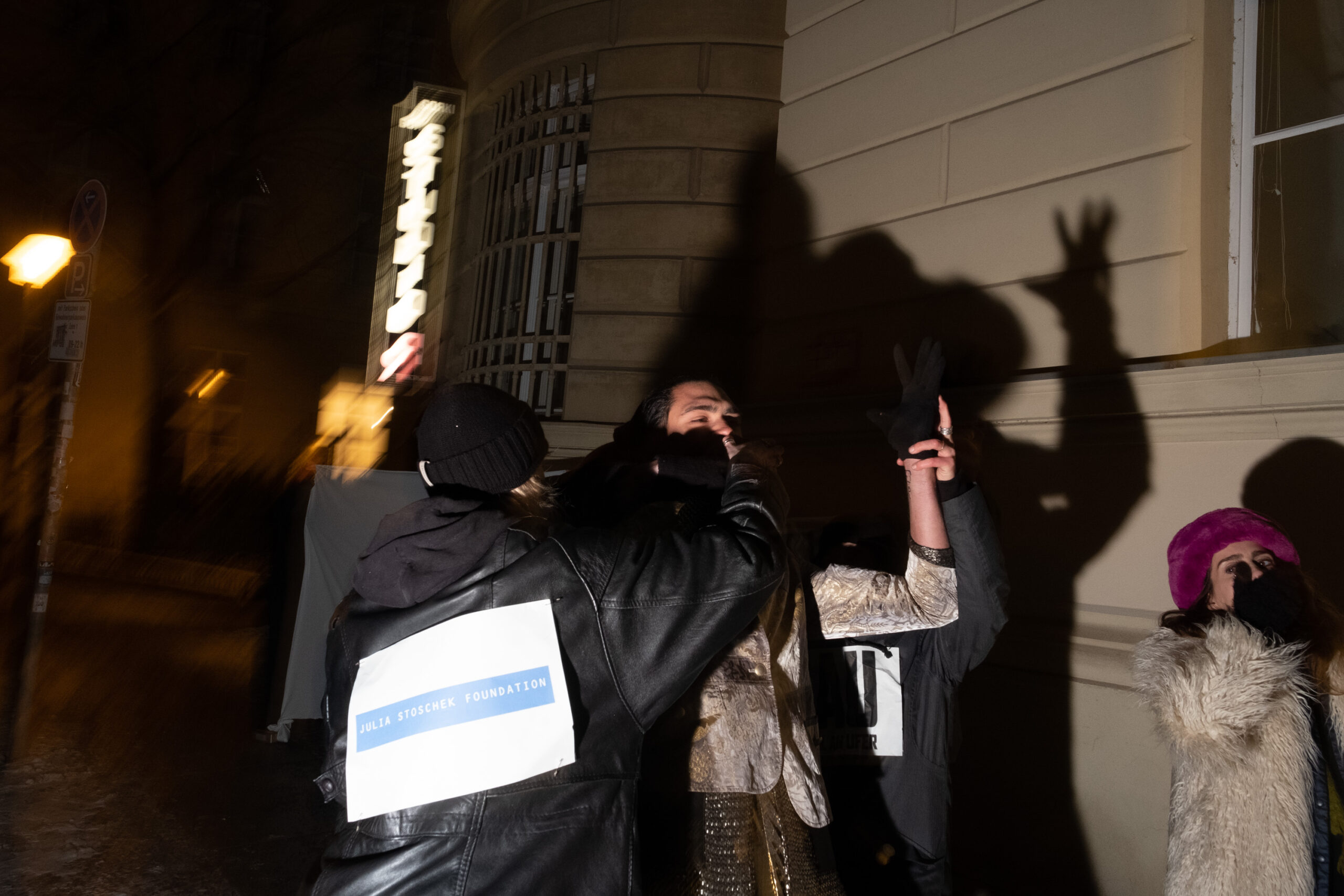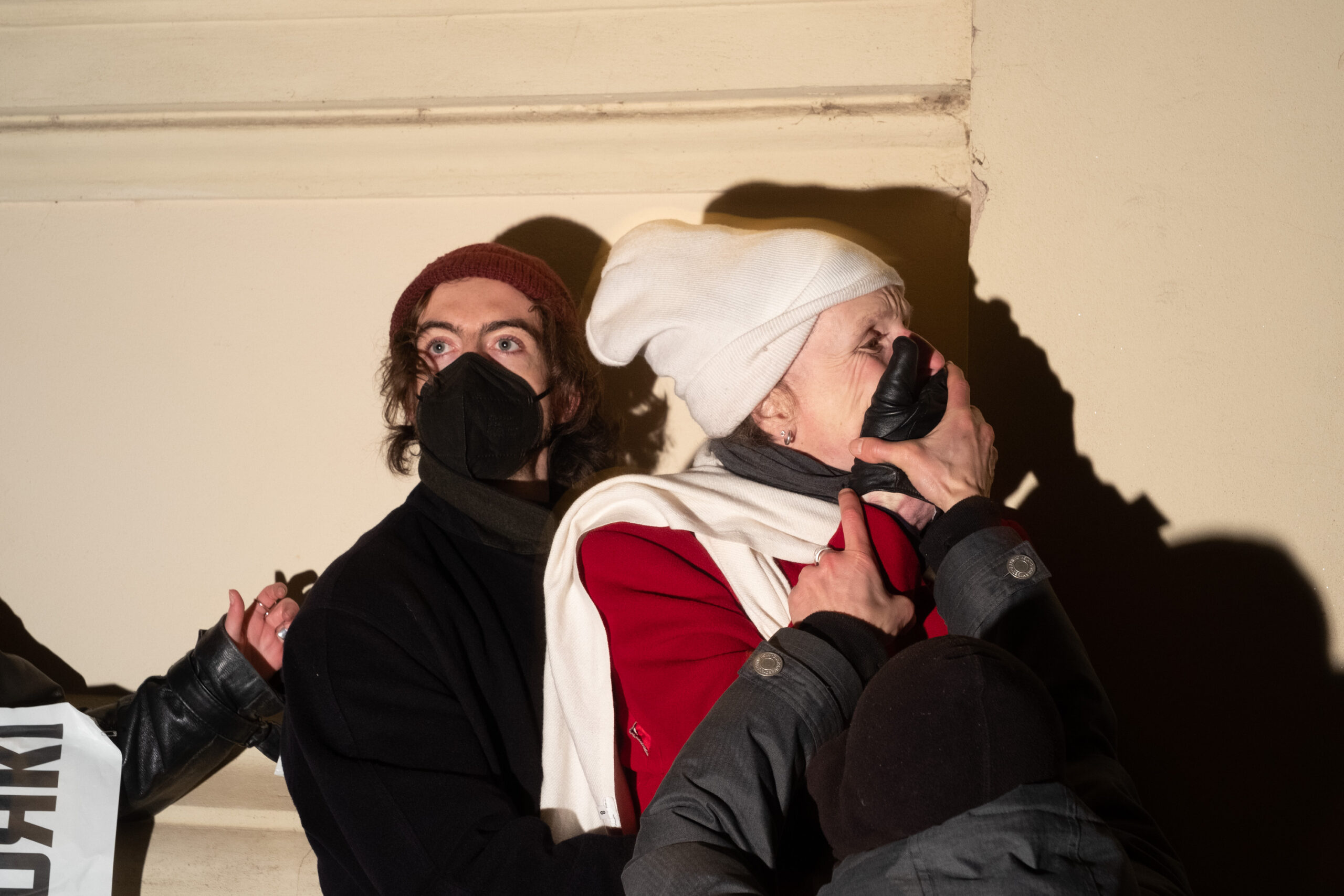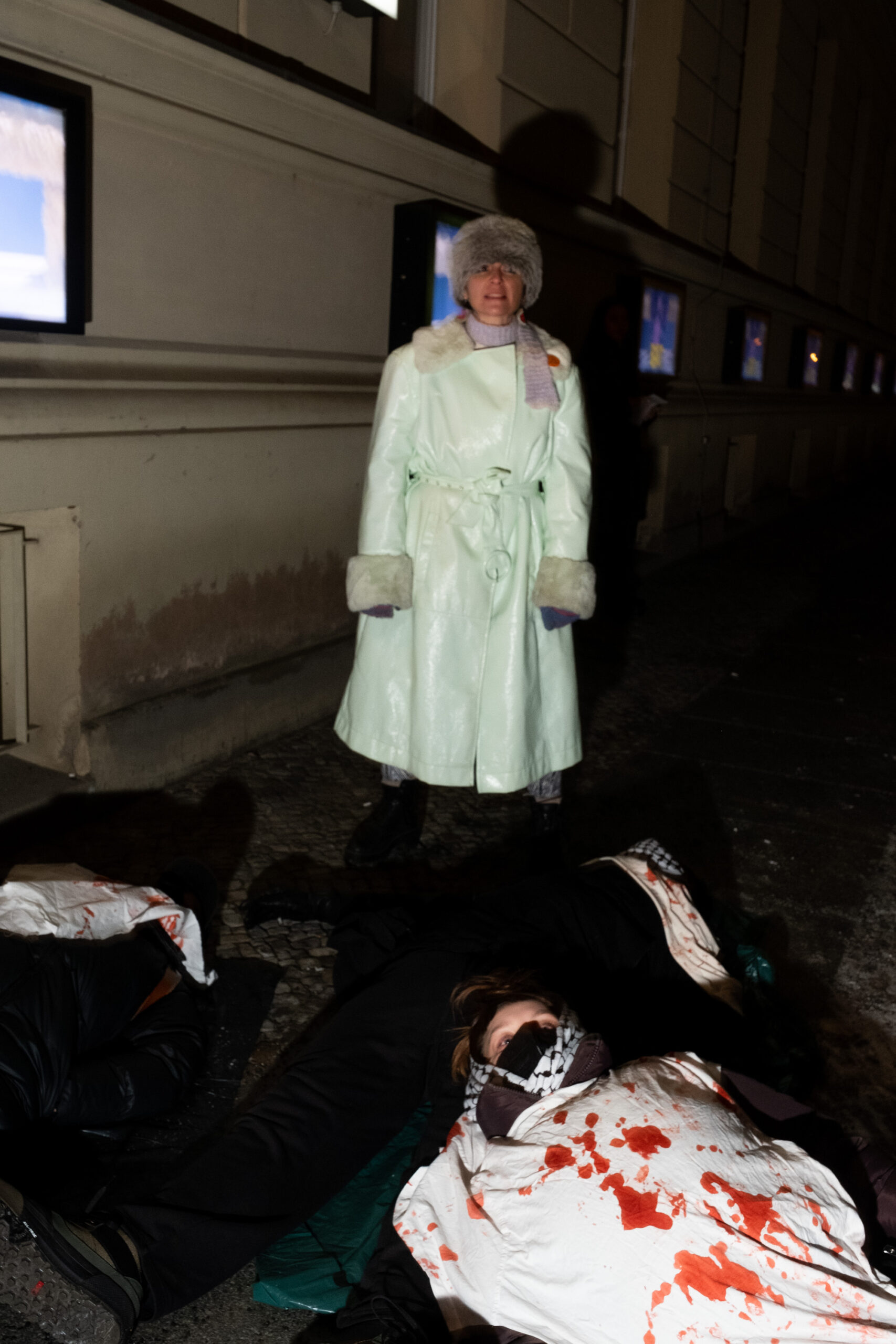NEWS FROM BERLIN
Up to 100,000 people demonstrate against right-wing extremism in Berlin
Around 100,000 people demonstrated against right-wing extremism and the AfD in front of the Bundestag in Berlin on Sunday. At the start of the event, at 4 pm, 30,000 participants were on site, and within an hour the number of participants rose to up to 100,000. The organisers spoke of 350,000 participants. The event went until 6pm without incidents, a police spokeswoman told rbb. However, the Palastine block were separated from the main protest and were not allowed to rejoin the main body of the protest. In Munich, there also was a demonstration, where so many people gathered that the event was cancelled due to security concerns. The police stated there were 100,000 participants and organisers, 250,000. Source: rbb
Berlin politicians protest as more far-right meetings revealed
The protest started as Kristin Brinker (AfD) took to the podium to begin her speech at the Bundestag. Politicians from various parties – SPD, Greens, The Left and CDU – simply got up and left the hall, leaving only the speaker’s fellow AfD politicians remaining. The background to this demonstration of opposition was the highly controversial secret meeting last November, revealed by Correctiv, in which far-right groups and wealthy donors met to discuss plans for the mass deportations of foreigners from Germany. Later, it emerged Brinker was present at another meeting between radical right-wing extremists which took place at the apartment of the former CDU finance senator Peter Kurth. Source: exberliner
Berghain now being boycotted by DJs
It started with Manuka Honey and Jyoty: the two London-based DJs cancelled their participation in the opening night of the CTM Festival at Berghain on 12 January. They referred to the “Strike Germany” campaign: a collectively organised strike against state-funded cultural institutions and projects in Germany. One of the points of criticism mentioned on the Strike Germany website is the anti-discrimination clause initiated by Berlin’s Senator for Culture Joe Chialo (CDU). In this context, Strike Germany, like actors in the Berlin cultural world, criticises the application of the IHRA definition of antisemitism, which is often criticised for making an inadequate distinction between antisemitism and criticism of Israeli politics. Source: Berliner Zeitung
NEWS FROM GERMANY
“Average rent increases of a horrendous 21 per cent”
The German Tenants’ Association fears a further drastic rise in rents due to the crisis in the construction sector and the lack of hundreds of thousands of flats. Even in high-price regions such as Munich, rents have risen more sharply than ever before in the past two years, even for existing contracts, Tenants’ Association President Lukas Siebenkotten told the newspaper Augsburger Allgemeine. “The current rent index for Munich showed average rent increases of a horrendous 21 per cent compared to the previous rent index, a shock for all tenants affected.” Siebenkotten reported tenants’ associations nationwide were receiving more and more requests for advice due to massive rent increases. Source: manager magazin
Nationwide demonstrations
Following the revelations by the research network `Correctiv’ about a secret meeting attended by AfD politicians and others, people in Germany have been taking to the streets against the right every day. On Sunday, 25,000 people took to the streets in Berlin alone. New protests are being organised throughout Germany every day. The `taz’ has compiled a some dates. The information is not exhaustive and has not yet been verified. Correctiv published new details during a staged reading at the Berliner Ensemble on 17 January. According to Correctiv, Mario Müller, formerly active in the right-wing extremist Identitarian movement, also spoke about his “fight against the left” at the meeting in November. Source: taz
Appeal for a ceasefire in Gaza
The appeal is clear: German, Canadian and American MPs urge US President Joe Biden, Canadian Prime Minister Justin Trudeau and German Chancellor Olaf Scholz to campaign for an immediate ceasefire in Gaza and a two-state solution. In an open letter, they say: “We believe the price of defeating Hamas cannot be the acceptance of the ongoing suffering of the Palestinian civilian population. In the meantime, Israeli hostages have also fallen victim to the attacks. A renewed humanitarian ceasefire is needed immediately.” Many people in the German government and among the population are concerned about the situation and are trying to exert a positive influence in favour of a humanitarian solution. Source: taz
Hamburg demonstration ended due to overcrowding
Under the slogan “Hamburg stands up against right-wing extremism and neo-Nazi networks”, thousands of people demonstrated on Jungfernstieg last Friday. The rally was ended prematurely by the organisers for security reasons. The reason given for the cancellation was of overcrowding and therefore emergency services could no longer get through. According to the police, 50,000 people were present, but the crowds made it difficult to estimate the number. According to DGB Hamburg, which was one of the organisers of the rally, 80,000 people attended. SPD politician Kazim Abaci from the association Entrepreneurs without Borders, which also co-organised the demonstration, even spoke of 130,000 participants. Source: tagesschau

